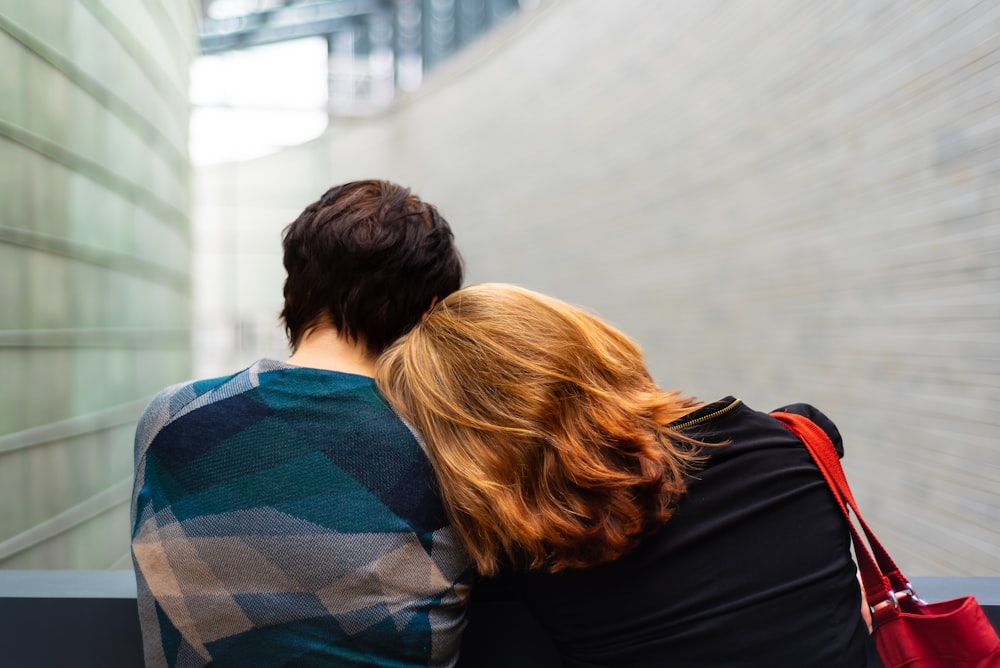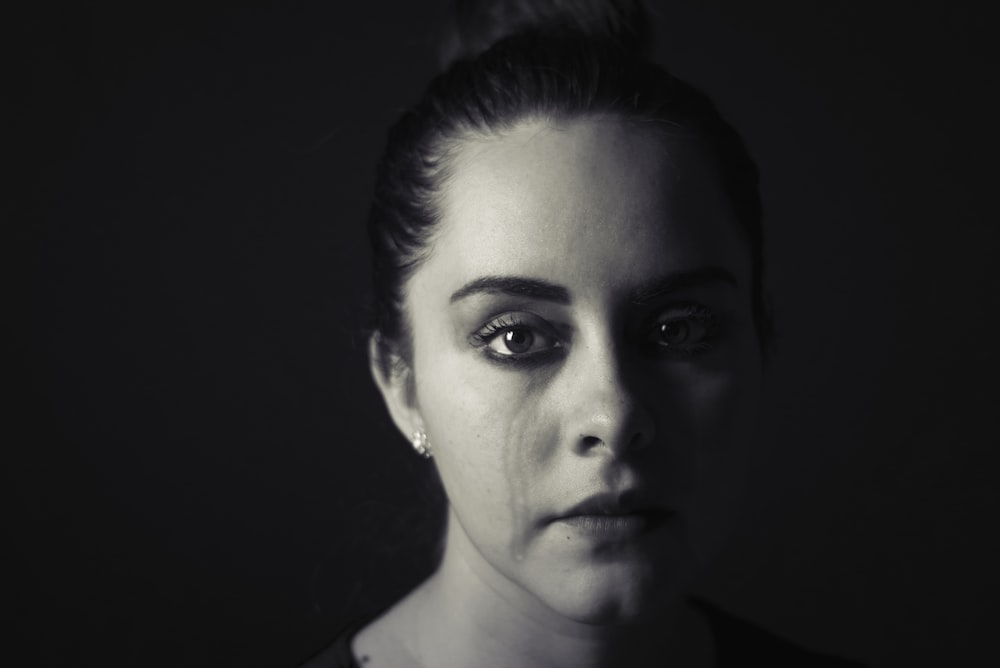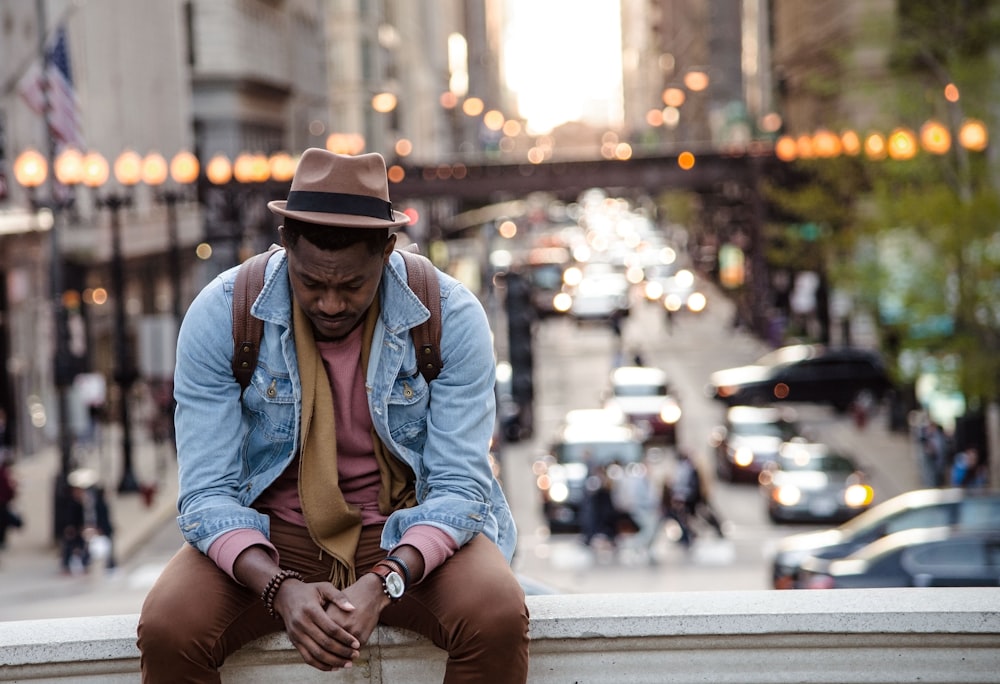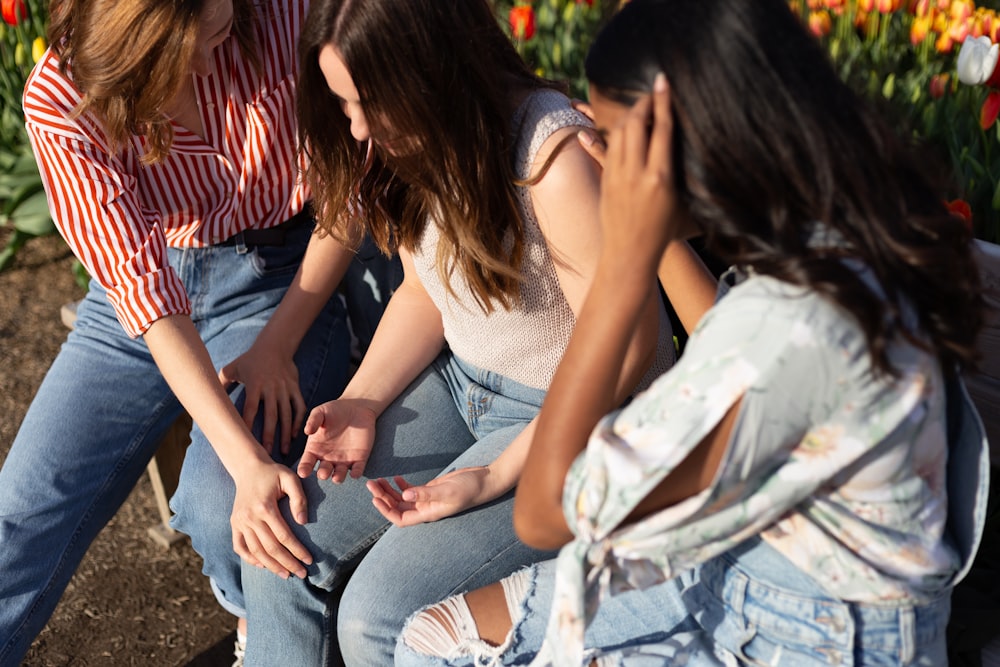Picture provided by Külli Kittus via Unsplash
Why do we grieve?
When someone we know passes on from our lives, sometimes we question the reason why. We may ask in bewilderment, “why are they gone?”, or “why did this have to happen?” We can become entangled in our grief because it is way too much to endure and untangle ourselves from. Grief is triggered by an extreme loss, not only from death but from:
1. Something or someone we were once attached to is closed
2. Leaving a way of living or community
3. Break up or divorce
4. News that can potentially be life-altering for the worse.
5. Trauma. etc…
Others who are much more analytical about it, and wondering why they are grieving may ask how to let go. Do know that grief is natural and vital to the experience. Grief is an experience that we all know, and that, despite this, is deeply personal. It is the response to the losses we encounter on our path, and it invariably hurts.
Picture provided by Danie Franco via Unsplash
We might feel grief after losing a pet, moving to a new place, breaking up with someone, or even losing a job. We can mourn the loss of immaterial things, like faith or ideology, and something material, like a home. Even animals can feel grief, especially our closest relatives, the primates. But what function does it serve? Why do we need to experience it?
Grief plays a vital role in our lives, and it seems to be strongly associated with our predisposition for a lost attachment. Since we are born, we seek connection with others. At first, it´s with our primary caregivers, families, and the people around us. We can become attached to places, routines, and so much more. This attachment is essential for our survival. We are social and emotional beings. We seek to create and strengthen our bonds with the world around us. When that is lost, it can be traumatizing.
Picture provided by whoislimos via Unsplash
Then, grief is the reaction we have when the person or situation we are attached to, emotionally, and even on a neurological level, is gone. As we grieve, we move through different stages (although not the ones you may have heard of) until we can let go and accept the loss. At first, grief might bring emotions and memories that stimulate us to look for the person or thing we have lost, even if we know it’s gone.
Then, as we move through the grieving process, we feel a wide range of emotions, like sadness, anger, despair, fear, and others that allow us to separate and accept the loss. Essentially, our energy and our emotions, and the time invested in what we lost detach, and we can move on. So, grief is the process by which we process the loss of that attachment.
To learn more about attachment styles and how they will impact the way you grieve, click here
If you would like a more in-depth reading on the subject by John Bowlby on Amazon
Picture provided by Priscilla Du Preez via unsplash
Depending on how you process grief and your level of attachment will determine how long it may take you to learn how to move on. If what you have gone through is exceptionally traumatic or painful.
Attachment is a necessary process through which we survive and thrive in the world. Grief allows us to survive the loss of an attachment, let go, and possibly seek new ones. It is a complicated process but also a necessary one. To understand its importance, we can look at what happens when people do not resolve their grief. People tend to stay so attached to a past relationship or situation that they cannot adjust to a new one. They cannot move on and create new bonds. Their energy is all going to something that is already there.
In a lot of ways, grief is necessary for healing. We need to live this process, even when it’s painful because it helps us continue our lives. Most people can work through grief successfully, which doesn’t mean forgetting or not caring about a loss. Instead, it means accepting it and taking into our lives all the meaningful things that it left. It also means creating new bonds and new attachments and, ultimately, living
Thank you for reading this article! If you want to read more content, please check out Stellar-Advice



